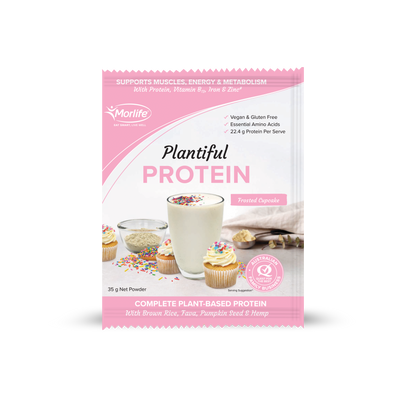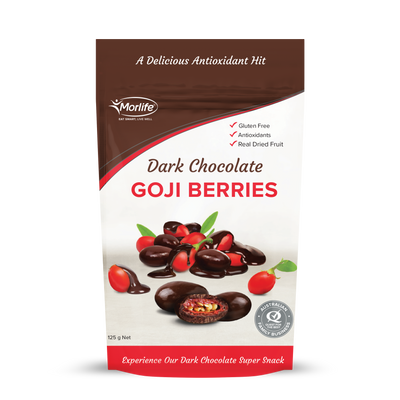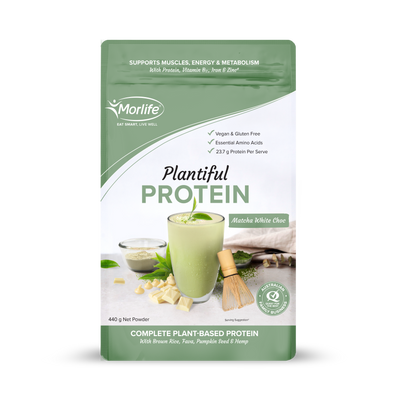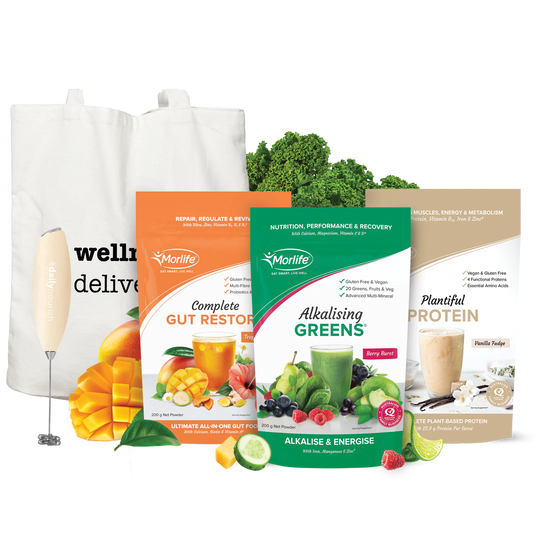5 Tips To Achieve Glowing Skin - As Told By A Naturopath

We all love the idea of glowing skin, but how can we achieve it without spending hundreds on expensive treatments and topical skin care products? Our in-house naturopath tells all, and the answer may be more simple than you think.
- Sleep
If you find yourself about to say yes to another episode of your favourite show on Netflix … think again!
Sleep deprivation does more than drain us mentally and physically, it wears out our skin. Sleep is an important time for our body to heal, and research has shown that not getting enough sleep contributes to premature aging, poorer healing from exposure to UV light and a decline in facial appearance1. Catching enough ZZZ’s is one of the best ways to glow!
Naturopathic Advice: Aim to be in bed by 9:30 pm and get about 7-8 hours sleep, this helps us to fine-tune our circadian rhythm which optimises the quality of our sleep. It’s also time to switch off the TV, close your laptop and put the phone down from about 8 pm - the blue light from LCD screens can interrupt our circadian rhythm. Instead, opt for a book and warm cup of tea and your skin will thank you tomorrow!
- Nourish
Our skin is a reflection of our health on the inside, so if we nourish our skin from within, we glow on the outside. Our skin thrives when we feed it vital nutrients for skin health and repair. Three super skin nutrients are:
- Zinc – Involved in hundreds of reactions within the body, zinc is important for many functions, but as a naturopath, it holds a special place in my dispensary for skin health. Zinc has therapeutic benefits in treating heaps of skin conditions, including wounds, healing and infections, acne, eczema, psoriasis and as an anti-aging agent2.
- Selenium – Protects the skin from UV radiation and contributes to the reduction of oxidative stress and inflammation in the body3.
- Vitamin C – is a powerful antioxidant4 and plays a direct role in the formation, structure, and healing of connective tissues, including the skin, gums and bones. Vitamin C also protects against oxidative stress caused by both UV-A and UV-B radiation from the sun4. Finally, vitamin C is known to reduce pigmentation, promoting a more even skin tone4.
Naturopathic Advice: Increasing vitamin C is as easy as having an extra piece of fresh fruit, such as an orange or kiwi fruit; and a handful of Brazil nuts a few times per week which supplies our bodies with an abundance of selenium. Zinc can be a bit tricky if you’re vegetarian, as the main sources of plant-based zinc also contain natural chemicals that block mineral absorption so supplementation is often an important consideration (have a chat with your naturopath or nutritionist for advice on this one). Those of us who eat animal products such as beef, chicken and eggs will find it a bit easier to maintain a healthy zinc status.
- Build
Collagen is the most abundant protein in the body, found in bones muscles, skin and tendons. It provides a scaffold to provide strength and structure to our skin. Once we hit 30, collagen production declines, leading to poorer structure and in turn, we begin to age. Other factors, such as UV light exposure; smoking and dietary deficiencies also impair collagen production. As little as 1 gram of marine collagen per day, taken for 6 weeks has been found to improve skin hydration, wrinkling, and elasticity after 12 weeks.
Naturopathic Advice: I have seen great outcomes in both myself and in patients who supplement with collagen for skin health. It’s one of those supplements that will have a tangible effect within about 6 weeks and because it helps support the integrity of tissues throughout the body including the gut and bones, it certainly doesn’t go astray!
- Detox
High toxin load is one of the biggest roadblocks holding us back from radiance. This is because while the liver neutralises harmful toxins, it relies on other organs, the lungs, bowels, and skin to actually eliminate toxins from the body. Skin is often overlooked as an organ of detoxification, but it’s one of the reasons why what we eat affects our glow and ability to age well. When we burden our liver with regular alcohol consumption, smoking, high-fat diets, nutritional deficiencies or eating too much junk food we see the side effects show up as acne, dark circles under the eyes, premature aging and dullness.
Naturopathic Advice: Saying no to those foods we all know we should avoid and increasing our intake of fresh fruits, vegetables, and filtered water can do wonders for cleaning up our insides which in turn cleans up our skin on the outside.
- Move
It’s no secret that in order to maintain good health, we need to move our bodies. But how can this help our skin? Well… it’s all about our lymph.
The lymphatic system is another method the liver uses to remove toxins from the body. Lymph is a colourless fluid which surrounds cells and drains via the lymphatic system into the bloodstream. The lymphatic system is a network of vessels that run alongside blood vessels which supports the clearance of cellular waste products. The lymphatic system then leads into the blood to be cleared from the body. Unlike our blood vessels, the lymphatic system doesn’t have a strong muscle like our heart to move it around, so it requires physical movement to work properly.
If we don’t move, our lymphatic system can become clogged, putting pressure on the skin to take up the burden of removing waste. This can mean pimples, dry or itchy skin and water retention.
Naturopathic Advice: The best way to promote lymphatic flow is to exercise. There are so many ways we can fit movement into our lifestyles – walking or cycling instead of driving on the weekends, swimming at the beach, bushwalking and yoga all support lymphatic movement.
REFERENCES
- Science Daily 2013 Sleep deprivation linked to aging skin, study suggests, <https://www.sciencedaily.com/releases/2013/07/130723155002.htm>.
- Gupta, M, Mahajan, VK, Mehta, KS & Chauhan, PS 2014, ‘Zinc therapy in dermatology: a review’, Dermatology Research and Practice, vol. 2014, no. 709152, pp. 1-11, <https://www.ncbi.nlm.nih.gov/pmc/articles/PMC4120804/pdf/DRP2014-709152.pdf>.
- McKenzie, RC 2000, ‘Selenium, ultraviolet radiation and the skin’, Clinical and Experimental Dermatology, vol. 25, no. 8, pp. 631-6, < https://www.ncbi.nlm.nih.gov/pubmed/11167979>.
- Telang, PS 2013, ‘Vitamin C in dermatology’, Indian Dermatology Online, vol. 4, no. 2, pp. 143-6, < https://www.ncbi.nlm.nih.gov/pmc/articles/PMC3673383/>.











